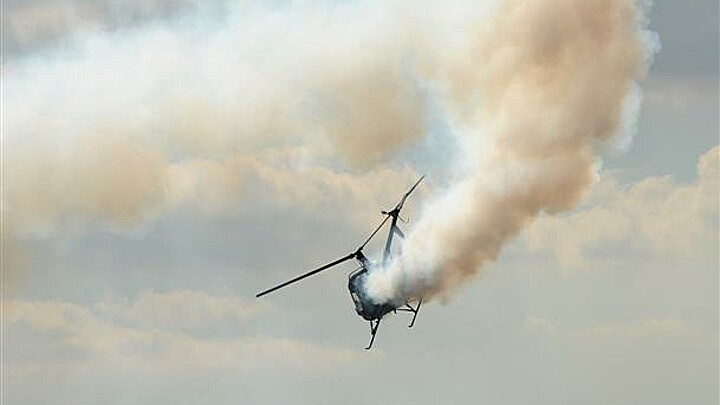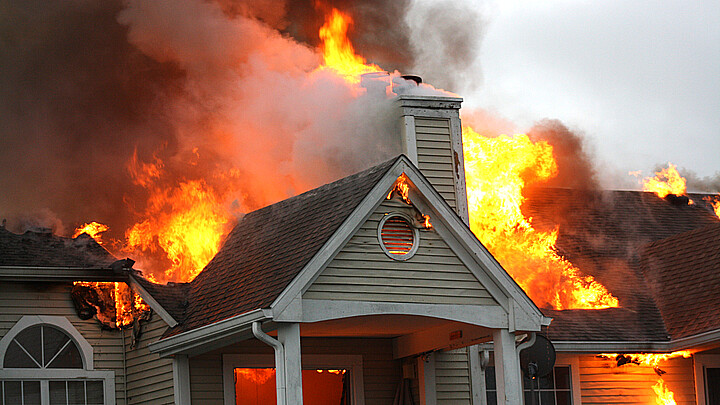Trending
Oops! New Jersey community loses electricity after bird drops fish on power line
The Sayreville Police Department made fun of the incident, naming the dead fish as Gillian and releasing a sketch of “the suspect” that was “last seen flying south"

August 22, 2023 8:46pm
Updated: August 22, 2023 8:47pm
An unlikely culprit caused a New Jersey community to temporarily lose its electricity last week, affecting 2,1000 customers, authorities said.
On Aug. 12, the community of Sayreville, located southwest of Staten Island, lost power for around two hours after an osprey dropped his meal while flying, which landed on a transponder, according to Jersey Central Power and Light Company spokesperson Chris Hoenig.
“Animal contact is a common cause of power outages; however, fish are not on the list of frequent offenders,” Hoenig said about the unexpected power interruption.
The Sayreville Police Department made fun of the incident, naming the dead fish as Gillian and releasing a sketch of “the suspect” that was “last seen flying south.”
“Please let us not forget the victim in this senseless death,” the police department posted on Facebook. “Gilligan was a hard-working family man. He was a father to thousands of children.”
“The suspect was last seen flying South,” the post continues. “If you see him, do not try to apprehend him. Although he isn’t believed to be armed he may still be very dangerous.”
The electric company, on the other hand, offered its sympathies to the osprey for losing its lunch, adding that they were working as fast as possible to restore power.
“If you’ve ever dropped your ice cream cone at the fair, you know the feeling,” Hoenig added.
Sayreville has a large presence of ospreys, which were considered an endangered species in New Jersey until less than a decade ago.
“We have a very active osprey and raptor protection program, which includes surveying and monitoring nests and following strict protocols in relocating osprey nests that are located on our equipment or too close to power lines,” he said.










